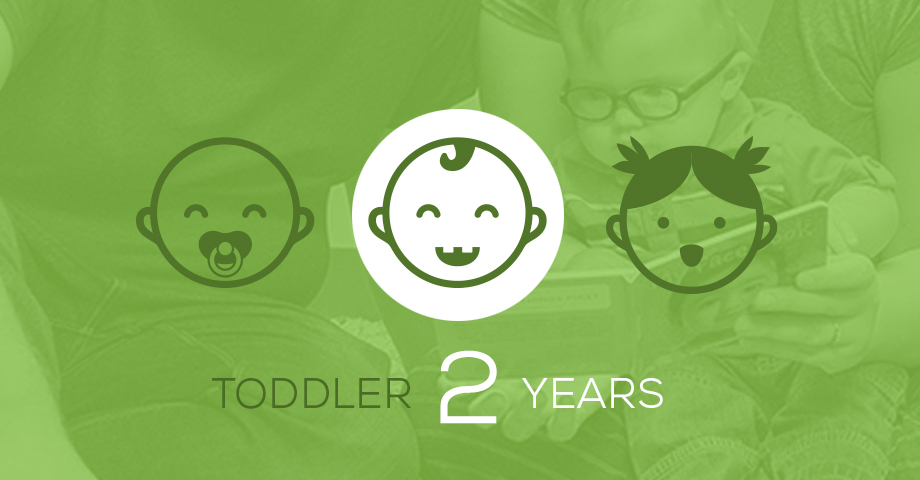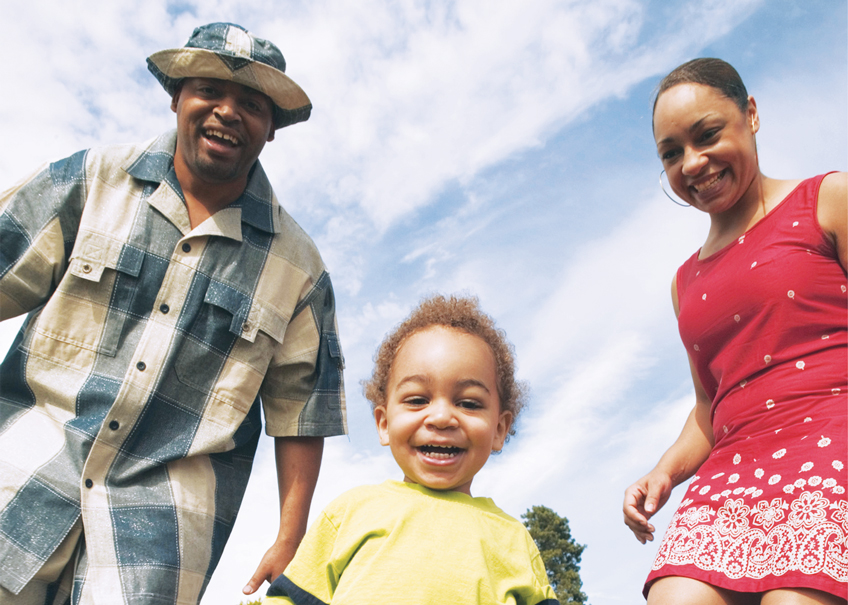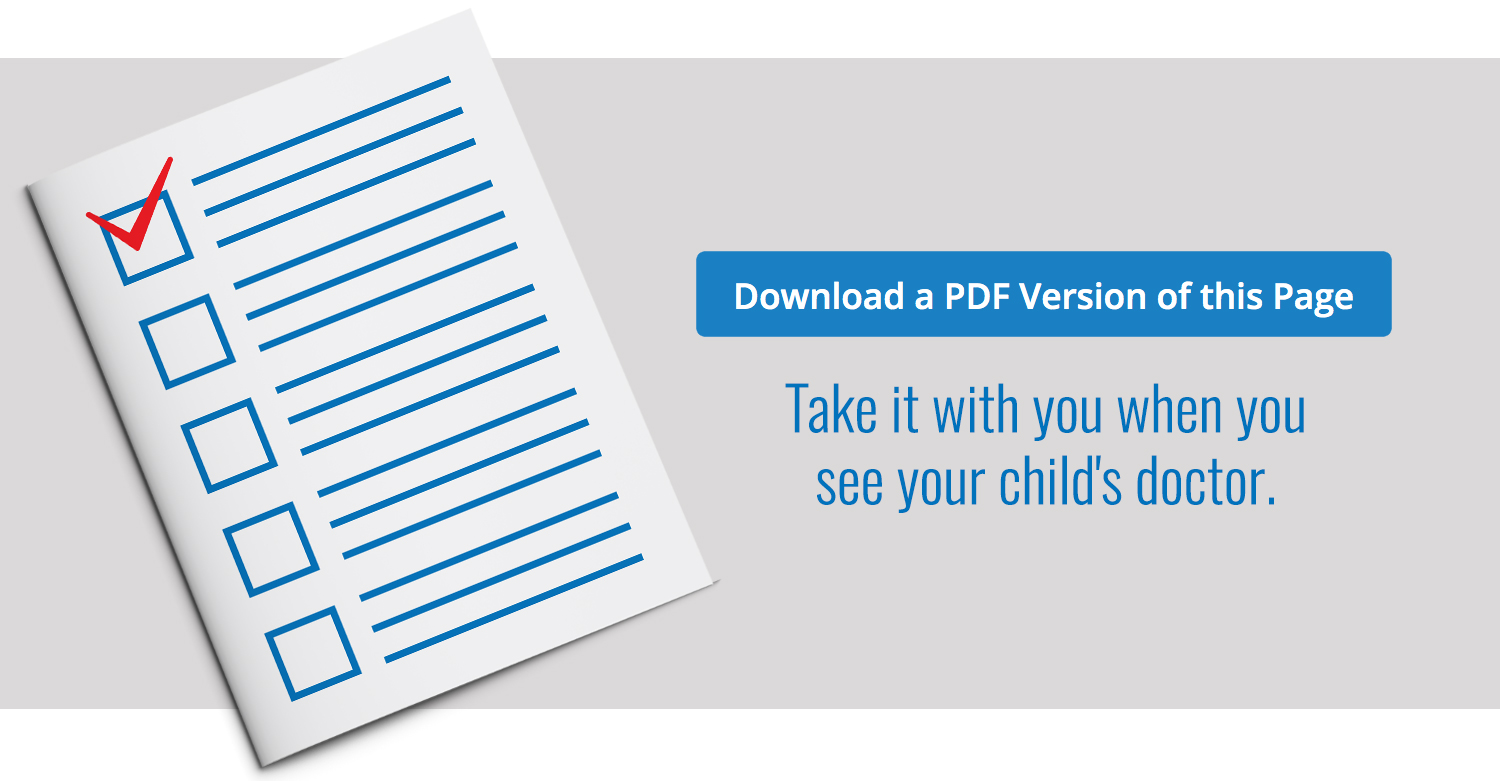
How your child plays, learns, speaks, acts and moves offers important clues about your child’s development. Developmental milestones are the things most children (75% or more) can do by a certain age.
Check the milestones your child has reached by age 2, and talk with your child’s doctor at every visit about the milestones your child has reached and what to expect next.

What Most Children Do at This Age:
Social / Emotional
- Notices when others are hurt or upset, like pausing or looking sad when someone is crying
- Looks at your face to see how to react in a new situation
Language / Communication
- Points to things in a book when you ask, like “Where is the bear?”
- Says at least two words together, like “More milk.”
- Points to at least two body parts when you ask him to show you
- Uses more gestures than just waving and pointing, like blowing a kiss or nodding yes
Cognitive (learning, thinking, problem-solving)
- Holds something in one hand while using the other hand; for example, holding a container and taking the lid off
- Tries to use switches, knobs, or buttons on a toy
- Plays with more than one toy at the same time, like putting toy food on a toy plate
Movement / Physical Development
- Kicks a ball
- Runs
- Walks (not climbs) up a few stairs with or without help
- Eats with a spoon
2 Year Visit: All by Themselves
The Sparks videos are designed to deliver important information on behavior, development, nutrition, safety, and common medical questions. To get more videos like this, text SPARKS to 1-844-650-1210 or visit www.sparksvideoseries.com to learn more.
The Sparks Parent Video Series was created by The Mount Sinai Parenting Center in collaboration with Zero to Three and the Brazelton Touchpoints Center with the help of experts across the country.
IT’S TIME FOR DEVELOPMENTAL SCREENING! |
||
|
At 2 years, your child is due for an autism screening, as recommended for all children by the American Academy of Pediatrics. Ask the doctor about your child’s developmental screening. Other important things to share with the doctor:
|
||
Concerned about your child’s development?
You know your child best. Don’t wait. If your child is not meeting one or more milestones, has lost skills he or she once had, or you have other concerns, act early. Talk with your child’s doctor, share your concerns, and ask about developmental screening.
If you or the doctor are still concerned:
- Ask for a referral to a specialist who can evaluate your child more; and
- Call your state or territory’s early intervention program to find out if your child can get services to help. Learn more and find the number at cdc.gov/FindEI.
For more on how to help your child, visit cdc.gov/Concerned.
Help Your Child Learn and Grow.
Content provided by the Centers for Disease Control and Prevention’s “Learn the Signs. Act Early.” material and are not a substitute for a standardized, validated developmental screening tool.



